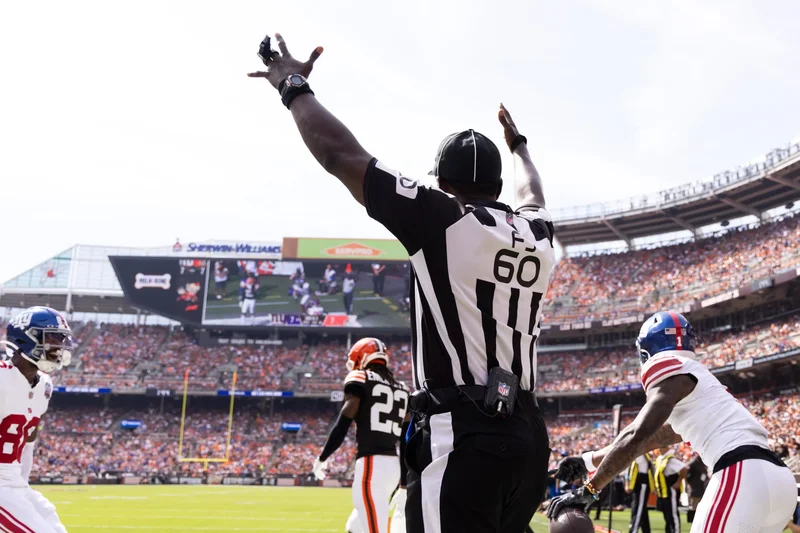Kalshi Faces Shutdown: What's Next and the Internet's Reactions
The Future Isn't Just Happening, It's Being Bet On
Imagine a world where your insights, your hobbies, your deepest knowledge could be turned into something tangible, something of real value. That’s not some far-off sci-fi dream; it’s the promise that prediction markets like Kalshi are starting to deliver right now. I'm honestly buzzing with excitement.
I stumbled across the story of Joel Holsinger, a 26-year-old who quit his day job to trade on Kalshi, betting on… well, just about anything. From the words a White House press secretary might say to the outcome of elections, it’s all up for grabs. He made $3,000 a week and I had to learn more.
Now, I know what you’re thinking: "Isn’t this just gambling dressed up in fancy tech clothes?" And sure, there’s a superficial resemblance. But what if it's more like a real-time, constantly updating barometer of collective intelligence? Think of it like this: instead of relying on polls or expert opinions, we're tapping into the wisdom of the crowds, with real money on the line. It's like the stock market, but for… everything!
Decoding the Signal
The founders of Kalshi, Tarek Mansour and Luana Lopes Lara, see it as a way for people to "monetize their knowledge." Everyone, as Lopes Lara said, is an expert on something. And those insights, when aggregated, can be incredibly powerful.
Kalshi made waves during the 2024 election, calling the race faster than the major TV networks. Then they called the NYC mayoral race, too. Zohran Mamdani even told a crowd his odds of victory were in the 90s, according to Kalshi. That’s not polling data; it’s people putting their money where their mouth is. It’s a prediction, crowdsourced and quantified.
And it’s not just politics. You can bet on sports, pop culture (who will be a bridesmaid at Taylor Swift’s wedding, anyone?), and even things like weather patterns. They have over 3,500 markets on the platform.

Of course, the idea of betting on everything raises some eyebrows. What’s to stop someone with inside information from manipulating the market? Kalshi insists they have systems in place to monitor for suspicious activity. But the fact that Donald Trump Jr. is a strategic advisor for both Kalshi and Polymarket – well, that definitely makes you wonder what kind of advice he gives them.
One thing I do wonder about is the ethical implications. It's one thing to bet on sports, but is it right to bet on things like natural disasters or political events? Are we turning everything into a game, even things that have real-world consequences? It's a question we need to grapple with as this technology becomes more widespread.
Jonathan Cohen, author of "Losing Big," sees prediction markets as part of a "gamblification" of American culture. We're not just interested in things anymore; we have to gamble on them, make money on them. Is he right? Is this a sign of a deeper shift in our society?
Maybe. But I see something else too. I see a potential for a more informed, more engaged, and more accurate understanding of the world around us. Imagine using prediction markets to forecast economic trends, anticipate public health crises, or even guide policy decisions.
It's like the early days of the internet. People were worried about pornography and scams, and they were right to be. But they missed the bigger picture: the potential for connection, collaboration, and innovation that the internet unlocked. Prediction markets may be facing similar skepticism, but I see them as a powerful tool for collective intelligence. Wanna bet? Online prediction markets wager that you will
